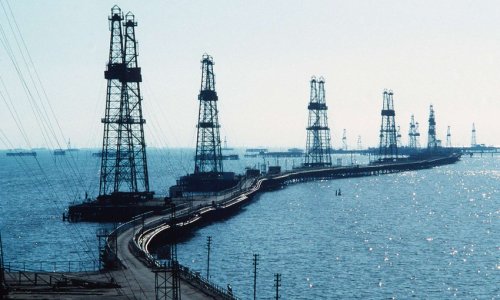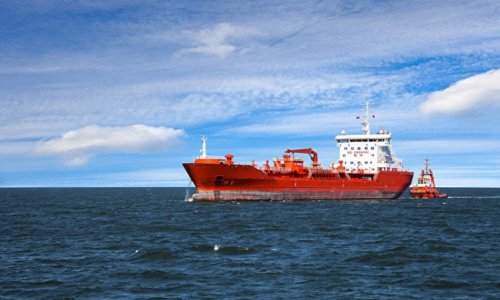The Group of Seven (G7), which includes the United States, Britain, Germany and France, agreed in September to enforce a low price on sales of Russian oil.
US officials said the move, which is due to start on December 5, was aimed at allowing it to continue to flow, heading off a potential price shock after total EU bans were ratified in June.
And with just three weeks to go, time is running out to fully convince the shipping services industry it will work.
Concerns are centered around a scenario in which insurers discover that oil in transit at sea, which was believed to have been sold below the price cap, was in fact sold above it.
This would trigger the withdrawal of insurance cover as well as a refusal by buyers to accept delivery, leading to financial and logistical headaches and risking environmental dangers.
"If the time is too short, I think everyone will have a Plan B to de-risk, terminate, stay away, not maybe conclude any new contracts until there is some clarity," said George Voloshin, Global Anti-Financial Crime Expert at ACAMS, the Association of Certified Anti-Money Laundering Specialists which consults with oil industry bankers, traders and insurers.
If insurance was withdrawn mid-voyage, buyers and traders would have to figure out what to do with a stranded cargo potentially exposed to sanctions, complicating a strategy to deprive Russia of funds over its invasion of Ukraine.
"It will probably be quite messy," Voloshin said.
A European Commission official said the EU is aware that much more additional detail will be needed as time runs short for businesses to learn about their obligations, but that the issue must be dealt with at the G7 level.
The official spoke to Reuters on condition of anonymity because they are not authorized to speak about the matter.
"In that situation, the vessel will go off risk and financial and technical services will be withdrawn and no one is going to take delivery of the cargo," Mike Salthouse, head of claims at British-based global ship insurer North, told Reuters.
"This would be a bad development as no one will want uninsured ships sitting off coasts," he added.
Salthouse said an owner of a ship which was potentially not earning anything for many months "will price that into any decision they make about carrying cargo in the future", adding that this was likely to act as a disincentive.
"If that happens too often, it will run contrary to what the EU/G7 Coalition is trying to achieve."
www.anews.az
Follow us !











